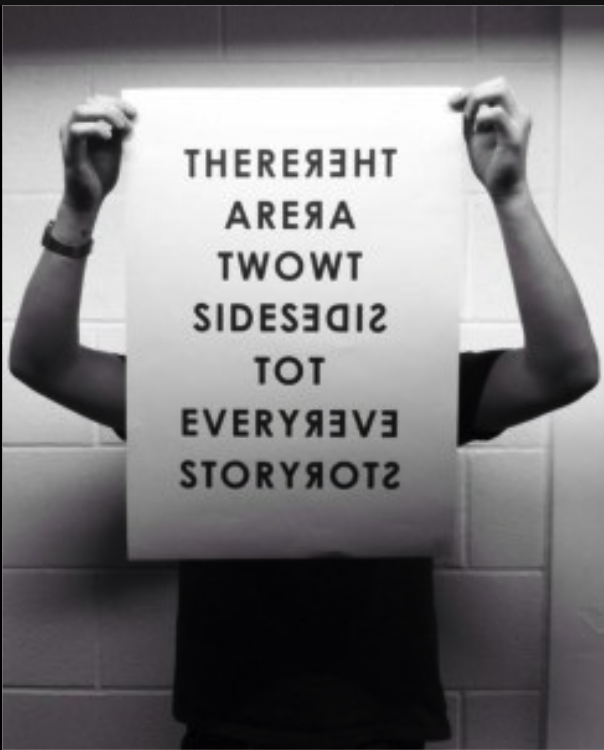The Unique Concept of 'Danger of a Single Story'
In a world filled with diverse cultures, histories, and perspectives, the danger of a single story looms ominously. The concept, popularized by Nigerian author Chimamanda Ngozi Adichie in her TED Talk, highlights the perils of reducing complex groups of people to a single narrative. When we oversimplify, stereotype, or generalize about a particular ethnicity, community, or nation, we risk perpetuating ignorance, bias, and prejudice. The social impact of such simplification can be profound, affecting individuals, societies, and even international relations.
A single story about a people is a narrative that limits our understanding, devalues individual experiences, and fosters prejudice. When we rely on a single narrative to define an entire group, we homogenize a diverse population and fail to recognize the richness and complexity of their experiences. For example, portraying all Muslims as terrorists based on the actions of a few extremists neglects the vast majority who lead peaceful lives and contribute positively to their communities. This oversimplification not only perpetuates ignorance but also fuels fear and hatred.
The social impact of a single story is most evident in the reinforcement of stereotypes. Stereotypes are simplistic, often negative, and widely held beliefs about a particular group. These stereotypes can lead to discrimination, bias, and injustice. When we accept a single narrative about a people, we are more likely to embrace these stereotypes and apply them to individuals within that group. For instance, the stereotype that all African Americans are lazy or dangerous has contributed to systemic racism, unequal opportunities, and racial profiling in many societies.
Moreover, the danger of a single story extends to the political realm, where it can influence policies and international relations. When leaders and policymakers buy into a single narrative, they may make decisions that are based on incomplete or distorted information. This can lead to harmful consequences such as discriminatory immigration policies, unjust wars, or the imposition of economic sanctions on entire nations. The Iraq War, for instance, was partly justified by a single narrative about weapons of mass destruction, which turned out to be false, causing immeasurable suffering and instability in the region.
Furthermore, the media plays a significant role in perpetuating single stories. News outlets often focus on sensational stories that fit established narratives, reinforcing existing biases. This selective reporting can lead to further misunderstanding and distrust among different groups. For example, the media's tendency to depict all protests as violent can overshadow the legitimate grievances of marginalized communities, perpetuating stereotypes and hindering progress on social issues.
Addressing the danger of a single story requires a concerted effort at multiple levels of society. Education plays a crucial role in promoting diversity, tolerance, and critical thinking. By teaching students to appreciate different perspectives and challenging stereotypes, we can cultivate a more informed and empathetic society. Media organizations should also strive for balanced and nuanced reporting that avoids sensationalism and oversimplification.
Individuals can make a difference by actively seeking out diverse voices and narratives. Engaging with people from different backgrounds, reading literature from various cultures, and questioning stereotypes are ways to broaden our perspectives and combat the danger of a single story. Social media platforms can also play a role by promoting diverse voices and providing a platform for marginalized communities to share their stories.
In conclusion, the danger of a single story is a pervasive issue with profound social impact. It oversimplifies complex groups of people, perpetuates stereotypes, and can lead to discrimination and injustice. It can even influence political decisions and international relations. To address this danger, we must promote education, encourage balanced media reporting, and actively seek out diverse narratives. Only by recognizing and challenging the single stories that persist in our society can we foster understanding, empathy, and a more inclusive world.




Comments
Post a Comment